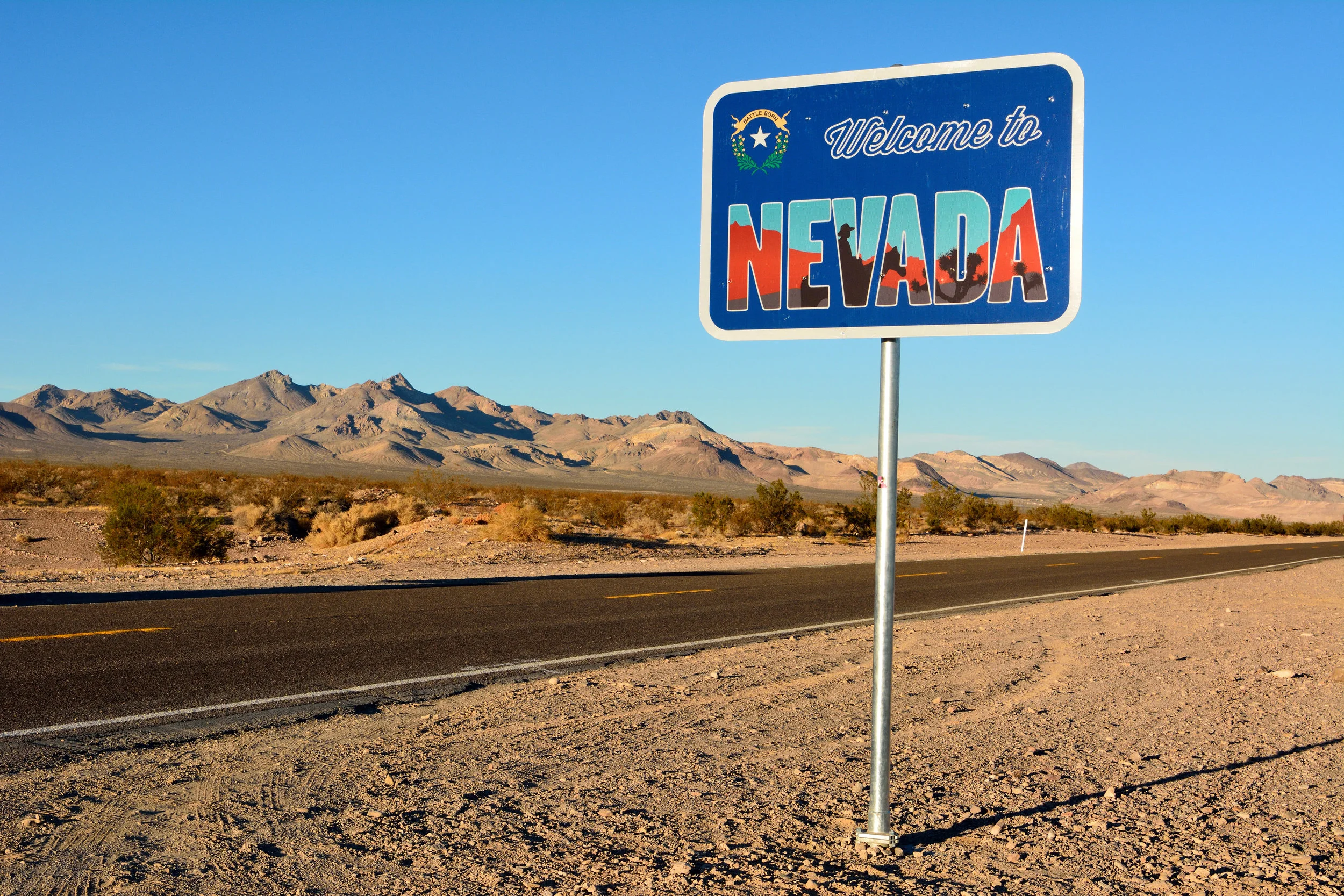After it passed both chambers of the Nevada legislature, Governor Steve Sisolak vetoed the National Popular Vote Interstate Compact. Sondra Cosgrove, on behalf of the League of Women Voters, responded to the governor’s action in a thoughtful and well-supported letter rebutting some of the misunderstandings about the Compact.
In particular, the letter challenges the notion that the Electoral College gives a benefit to small states like Nevada:
In the modern era, political parties use the Electoral College process to conserve resources by focusing on only a handful of battleground states instead of expending the effort needed to treat every voter equally.
So it’s not small states advantaged in the Electoral College system, it’s swing states. In the 2016 election cycle, Florida received 71 campaign visits, Pennsylvania received 54 and Ohio received 48.
None of these are small states. Idaho, Montana, Wyoming, the Dakotas, and other red states received zero visits.
The National Popular Vote Interstate Compact responds to this problem. If passed, AB186 would not have bypassed the Electoral College; it is written to align with the same constitutional authority used by the states to allow political parties to select slates of electors.
The legislation states that when enough state legislatures join the interstate compact to equal 270 electoral votes, those state legislatures will allocate their electoral votes to the national popular vote winner.
…
Nevada will not always be a swing state, and once we become solidly blue or red, candidates may ignore us during the post-primary election cycle.
Some studies predict this could happen as soon as 2024, but many of those studies also predict that Nevada will remain a bellwether for diversity. And because we have relatively small markets, candidates looking to test messaging will get a bigger bang for their campaign dollar here rather than in larger states.
The nonpartisan League of Women Voters has supported a move to a national popular vote since 1970, long before making votes equal became a partisan issue.

